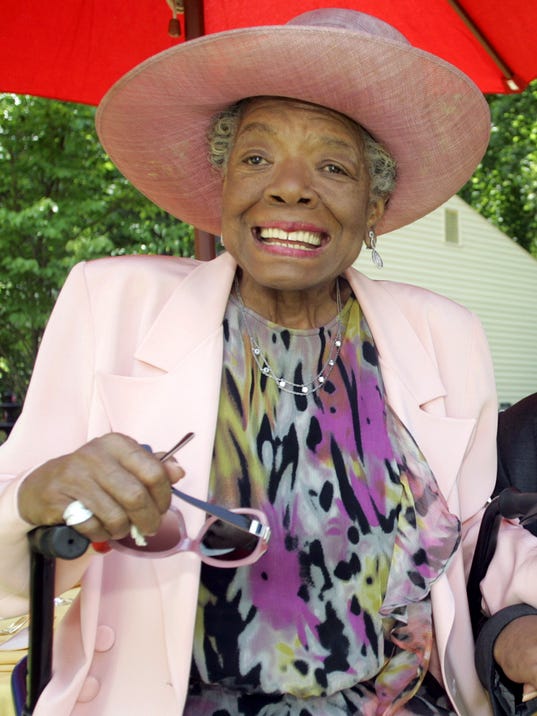@edgarblythe,
I didn't grow up in the poor side of the city, but I had my Black girlfriend right in a building complex across the street of a Public Housing complex in Washington DC SE.
In those years, some Public Housing complexes were practically untouchables, police didn't even bother to get inside those buildings.
As far as I remember, there were always groups of guys outside until late selling drugs. They knew me, they saw me living with the girl and her daughter, they never caused me any problems. Even more, the first days I was worried because my new car was parked in the street. I saw them hanging over there, even seating around or leaning on my car.
No scratches or anything was in my car the next day.
I never stayed with them more than a few seconds, but they show me friendship and I returned the same.
Months passed by, and I even joked with them when my girlfriend asked me sometimes to knock the door of her friend to borrow some music discs. I used to knock very hard and scream "Open the door! FBI!!
Another door opened in the hallway and an afraid face looked at me, and the dude laughed. "Oh, it's him again", and closed his door. I was practically one of them, they joked on me sometimes as well, but never in aggressive way.
In my job, my coworkers didn't believe me when they heard my joke about the FBI thing. They told me I should have been killed long ago by one of those guys.
I have watched a gang group coming from the "other side of the street" with heavy guns, forcing the dudes of "our" street to undress and show that they have no drugs with them, and saw them leaving shooting walls and windows. I was right there, a few feet from them, they didn't even bother to ask me anything, they knew me too. Police showed up 15 minutes later... one car only... and literally passed by in silence and run away as soon crossed the limits of the complex.
I have entered houses where guns and drugs were over the table, I never stop and look what they have, they never bother of my presence as well. It was the code of silence, and I kept it very well and saved my life.
I met a White police man once in the street, For him, it was weird to see me walking in that area like nothing because I was not Black.He was asking me questions. We went to a carry out, because I wanted to buy me a cheeseburger. Inside the store was an old Black man drinking coffee and he said something to the police man, I didn't get what he said, but he knew that the White guy was a police officer even when he was dressed as a civilian.
What the police officer answered didn't offend me, but it caused me a disturb.
-Do your daughter has cashed her welfare check already?
-Yes, say the old man very angry
-Do your daughter has received her food stamps?
-Yes, said again the old man
-Do you and your daughter still living in your Section 8 apartment?
-Yes, said the old man again.
The police man saw me going away and he left the store, not without saying to the old fella.
-Then, enjoy your coffee.
I didn't want to talk with that officer anymore. To me, what he was trying to show is how society can contain poor people by making them dependents.
I didn't like that.
After a year and a half, something that I didn't know happened. The father of my girlfriend's daughter came out of jail. The neighbors told me that for me should be better to leave her alone, because the ex is out and I should leave now.
And such is what I did. I returned back to my apartment, which was with full furniture but almost empty the whole year. That woman called me 15 years later. I was very glad to heard from her.
I learned to live with all kind of people, and I can tell that society has in many occasions a wrong impression about poor people.
It is true the drinking problems, the aggressive behavior, the drugs, the violence, etc... but I know better than many that they are human beings exactly like the rest of society, and that, in their limited capability to obtain a better education, many, many of them know what honor is about -something that many school students never learn and live, that they master the little what they know and learn to survive very well with that.
Their life is miserable because the system makes them dependent of others.
I'm not joking when I say that I admire every person who inherited nothing and with study and hard work reaches success. I was a visitor in that complex for poor people, but a year and a half over there taught me a lot, taught me to have great respect towards them.
I'm glad I have experienced it, and one of these days I will buy me fried chicken, purple soda, pull down from some old music from the attic, and relax and remember that I was happy in those days, trying hard to sleep because the tenant in the apartment below always turned his radio loud all night long... screams in the hallway at three o'clock in the morning... shootings far away in the street... smell of beer and pee when one is coming out of the building... but, who cared? My girl was so good... and nothing else matters... yes sir!









